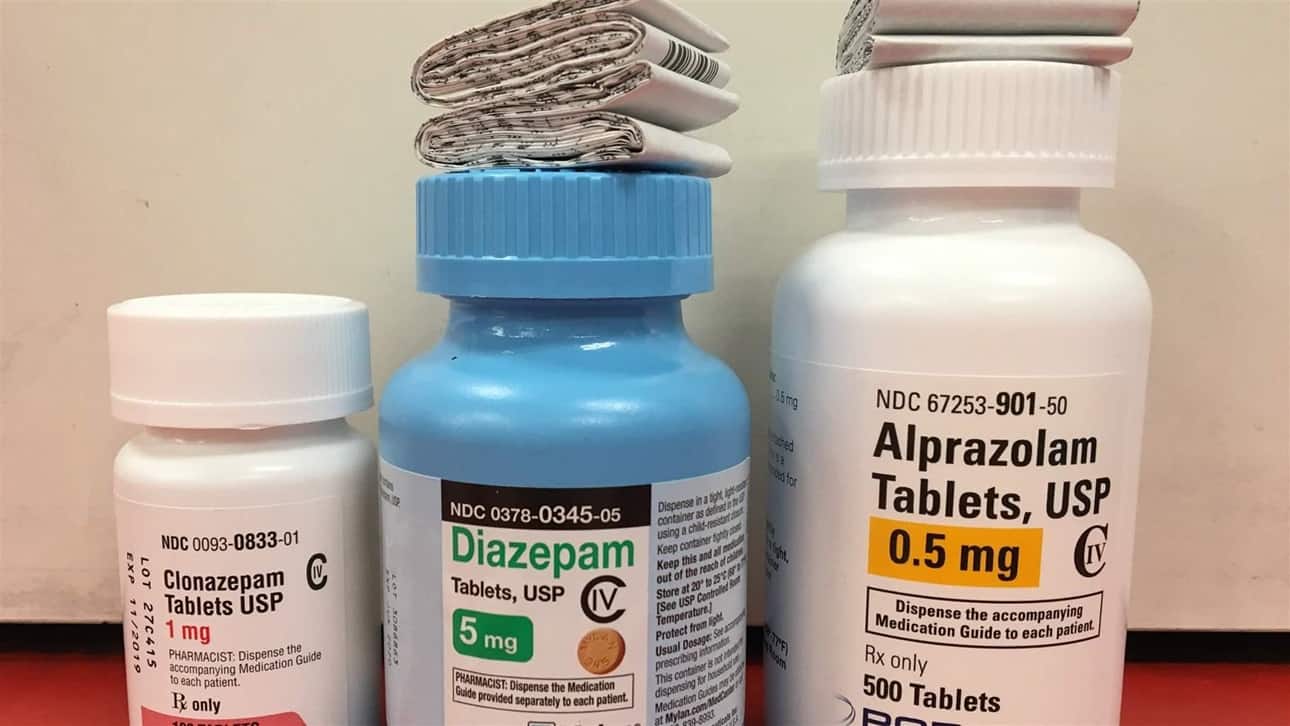Description
Buy xanax alprazolam without prescription
alprazolam xanax bars online, alprazolam xanax tablets, buy xanax 0.25 mg online, buy xanax 0.5 mg online, buy xanax 1 mg online, buy xanax 2 mg bars online, buy xanax 2mg online, buy xanax alprazolam online, Buy xanax online, can i order xanax online without prescription?, order xanax 2 mg without prescription, order xanax online order xanax without prescription, where to buy xanax 2 mg online, where to buy xanax online, xanax bars online, xanax tablets onlinebuy xanax alprazolam online, What is alprazolam?
Alprazolam is a benzodiazepine (ben-zoe-dye-AZE-eh-peen). It is thought that alprazolam works by enhancing the activity of certain neurotransmitters in the brain.
Alprazolam is used to treat anxiety disorders, panic disorders, and anxiety caused by depression.
It is dangerous to purchase alprazolam on the Internet or outside the United States. The sale and distribution of medicines outside the U.S. does not comply with safe-use regulations of the Food and Drug Administration (FDA). These medications may contain dangerous ingredients, or may not be distributed by a licensed pharmacy.
buy xanax alprazolam online Important Information
You should not use alprazolam if you have narrow-angle glaucoma, if you also take itraconazole or ketoconazole, or if you are allergic to alprazolam or similar medicines (Valium, Ativan, Tranxene, and others).
Do not use alprazolam if you are pregnant. This medicine can cause birth defects or life-threatening withdrawal symptoms in a newborn.
Alprazolam may be habit-forming and should be used only by the person for whom it was prescribed. Keep the medication in a secure place where others cannot get to it. Misuse can cause addiction, overdose, or death.
Fatal side effects can occur if you take alprazolam with alcohol, opioid medicine, or other drugs that cause drowsiness or slow your breathing.
Buy xanax alprazolam without prescription
Buy xanax alprazolam without prescription
Other names: Alprazolam, Trankimazin, Niravam
Strength: 0.5mg, 1mg, 2mg
You should not use alprazolam if you have narrow-angle glaucoma, if you also take itraconazole or ketoconazole, or if you are allergic to alprazolam or similar medicines (Valium, Ativan, Tranxene, and others).
Xanax dosage
Xanax side effects
Alprazolam for anxiety
Xanax withdrawal symptoms
Xanax addiction potential
Xanax overdose
Xanax vs Ativan
Xanax for panic attacks
Xanax long-term use
Xanax anxiety treatment
How does Xanax work?
Xanax vs Valium
Xanax and alcohol
Xanax dosage for sleep
Xanax anxiety reviews
Xanax and depression
Xanax tapering schedule
Xanax half-life
Alprazolam addiction treatment
Xanax for stress relief
Xanax and withdrawal timeline
Xanax generic vs brand
Is Xanax safe for long-term use?
Xanax alternatives
Xanax and driving
Xanax (Alprazolam): Uses, Side Effects, Dosage, and Everything You Need to Know
What is Xanax?
Xanax (generic name Alprazolam) is a benzodiazepine commonly prescribed to treat anxiety disorders, panic attacks, and generalized anxiety disorder (GAD). It works by affecting chemicals in the brain that may be unbalanced in people with anxiety. Xanax is a central nervous system depressant that produces calming effects, helping individuals manage symptoms of anxiety.
How Does Xanax Work?
Xanax works by enhancing the effects of GABA (gamma-aminobutyric acid), a neurotransmitter that helps calm down brain activity. By increasing GABA’s effects, Xanax induces relaxation and reduces nervous tension.
It is effective for short-term use in managing anxiety and panic attacks, but it’s important to note that it is not typically recommended for long-term use due to the risk of dependence and addiction.
Common Uses of Xanax
Anxiety Disorders: Xanax is often prescribed to treat generalized anxiety disorder (GAD), where excessive worry and nervousness are prevalent.
Panic Attacks: It is also used to treat acute panic attacks, providing rapid relief for individuals experiencing overwhelming fear or discomfort.
Short-term Stress Relief: For individuals dealing with temporary stress or anxiety due to life events, Xanax may be prescribed as a short-term solution.
Xanax Dosage: How Much Should You Take?
The appropriate Xanax dosage depends on the individual’s condition, response to the drug, and whether it’s their first time using the medication. Common dosage recommendations are as follows:
For Anxiety: Starting doses are typically 0.25 mg to 0.5 mg taken 2-3 times a day. This may be gradually increased based on the patient’s needs.
For Panic Attacks: The typical starting dose for panic attacks is 0.5 mg to 1 mg taken 3 times daily.
Maximum Dose: The maximum recommended dose for anxiety is 4 mg per day, though your doctor will decide the right amount based on your needs.
Never adjust your dosage without consulting your doctor to avoid the risk of overdose or withdrawal.
Xanax Side Effects
Like all medications, Xanax comes with potential side effects. Common ones include:
Drowsiness or Fatigue
Dizziness or Lightheadedness
Memory Problems (difficulty recalling recent events)
Confusion
Dry Mouth or Nausea
More serious side effects, though rare, can include:
Difficulty Breathing or Respiratory Depression (especially when combined with other depressants like alcohol)
Severe Mood Changes (such as agitation or hallucinations)
Loss of Coordination
If you experience any of these serious side effects, seek medical help immediately.
Xanax Withdrawal: What You Need to Know
Xanax withdrawal can be challenging and even dangerous, particularly if the medication has been taken for an extended period. Withdrawal symptoms can include:
Increased Anxiety
Tremors or Shaking
Severe Insomnia
Seizures (in extreme cases)
Nausea and Vomiting
It is crucial to taper off Xanax under a doctor’s supervision to avoid severe withdrawal effects.
Xanax Addiction Potential
Xanax addiction is a concern, particularly with long-term use or misuse of the medication. Tolerance can develop, meaning that higher doses are needed to achieve the same effect. This can lead to physical dependence and psychological addiction. The risk is greater when Xanax is used in combination with other substances, especially alcohol and opioids.
If you believe you have developed a dependence on Xanax, seek help from a healthcare provider or addiction specialist for a safe detoxification and treatment plan.
Xanax vs Other Medications
Xanax vs Ativan (Lorazepam): Both are benzodiazepines, but Xanax has a faster onset of action and a shorter half-life. Ativan tends to be longer-acting and may be a better option for people who need longer-term anxiety management.
Xanax vs Valium: Valium (Diazepam) has a longer half-life than Xanax, making it a better option for those requiring long-term relief from anxiety.
Xanax vs SSRIs (Selective Serotonin Reuptake Inhibitors): SSRIs like Zoloft or Prozac are typically used for long-term treatment of anxiety and depression, whereas Xanax is meant for short-term relief. SSRIs take time to work, while Xanax provides immediate relief.
Xanax and Alcohol: What’s the Risk?
Combining Xanax and alcohol is extremely dangerous. Both substances are central nervous system depressants, meaning they both slow brain activity. Together, they can lead to:
Severe drowsiness
Respiratory depression (trouble breathing)
Memory loss
Increased risk of overdose
If you are taking Xanax, it’s essential to avoid drinking alcohol or limit your intake to prevent life-threatening interactions.
Is Xanax Right for You?
Xanax can be an effective medication for short-term anxiety and panic disorder treatment. However, due to the potential for dependence and addiction, it’s important to use it only under the supervision of a healthcare provider and for short periods.
If you’re considering Xanax for anxiety or panic attacks, discuss your medical history and any other medications you are currently taking with your doctor.
Conclusion
Xanax is an effective and widely prescribed medication for managing anxiety and panic attacks. It works quickly to relieve symptoms, but due to its addictive potential and side effects, it should only be used under careful medical supervision. If you’re considering Xanax for anxiety, make sure to discuss both the benefits and risks with your healthcare provider.





Reviews
There are no reviews yet.